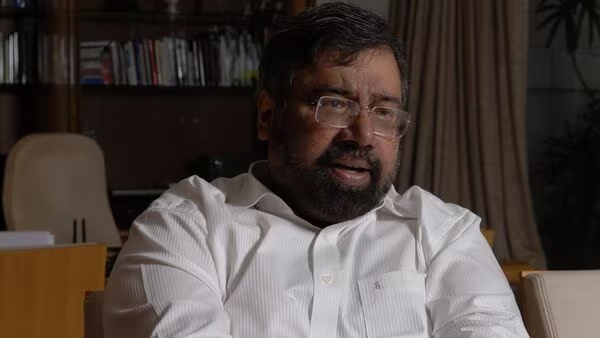A parliamentary panel’s report has flagged that a staggering 56.18 percent of professor positions—the highest academic rank—remain vacant across India’s higher education institutions, including the Indian Institutes of Technology (IITs) and central universities. The panel has recommended expediting the faculty recruitment process to address the issue.
The parliamentary standing committee on education, women, children, youth, and sports, in its report titled 2025-26 Demands for Grants of the Department of Higher Education, which was tabled in Parliament Wednesday, stated that all recruitment processes must be transparent, merit-based, objective, and adhere to the principles of equal opportunity and non-discrimination.
According to the report, as of 31 January 2025, 28.56 percent of the total sanctioned teaching faculty positions (18,940) across IITs, National Institutes of Technology (NITs), Indian Institutes of Management (IIMs), Indian Institutes of Science Education and Research (IISERs), central universities, and other higher education institutions were vacant.
The data further reveals that 17.97 percent of the 11,298 assistant professor positions (entry-level posts) are vacant, 38.28 percent of the 5,102 associate professor positions (mid-level posts) remain unfilled, and an alarming 56.18 percent of the 2,540 professor positions are unoccupied.
“The existence of vacancies in Higher Educational Institutions, including technical institutions, impacts the faculty-student ratio and dilutes the quality of teaching in such institutions,” the committee stated.
Need for regular workforce analysis
Emphasising that a robust and efficient workforce is crucial for the effective functioning of such institutions, the panel recommended that the Ministry of Education direct relevant stakeholders to conduct regular workforce analysis. This would help identify current and future staffing requirements, taking into account student enrolment, programme expansion, faculty retirement, and evolving academic and administrative needs.
The committee further urged the ministry to ensure that all recruitment processes are transparent, merit-based, and objective, adhering to the principles of equal opportunity and non-discrimination. It also stressed the importance of utilising technology to facilitate online applications, screening, and communication in order to avoid external interference.
Vacancy of reserved positions in central universities
The report highlights a substantial number of unfilled reserved faculty positions in central universities. Specifically, 1,521 out of 3,652 sanctioned positions for Other Backward Classes (OBCs) remain vacant. Similarly, 788 out of 2,315 positions for Scheduled Castes (SCs) are unoccupied, and 472 out of 1,154 positions for Scheduled Tribes (STs) remain unfilled.
Additionally, it notes a significant shortage of reserved non-teaching staff in central universities. Of the 4,495 sanctioned positions for OBCs, 1,983 remain vacant. Likewise, 1,011 out of 2,013 positions for SCs remain unfilled, while 1,491 out of 3,409 positions for STs are unoccupied.
The committee expressed concerns over the practice of filling these vacancies through contractual or short-term appointments, emphasising that such actions must not undermine Constitutional provisions for SC, ST, OBC, EWS, PwD, and other marginalised groups in government jobs. It also warned that temporary hiring practices should not compromise academic freedom.
Noting the enactment of the Central Educational Institutions (Reservation in Teachers’ Cadre) Act, 2019, which introduced institution-level reservation, the committee pointed out that all Central Higher Education Institutions (CHEIs) were instructed to launch special recruitment drives to clear the backlog of SC, ST, and OBC vacancies in Mission Mode.
As of December 2024, this effort has resulted in the filling of 26,751 vacancies, including 15,637 faculty positions. Of these, 1,949 were reserved for SCs, 771 for STs, and 3,261 for OBCs.
The committee recommended further expediting the recruitment process for faculty positions. It also suggested that the ministry develop a structured plan to phase out excessive contractual employment and prioritise the recruitment of qualified faculty into permanent roles, ensuring job security and fair wages.





















